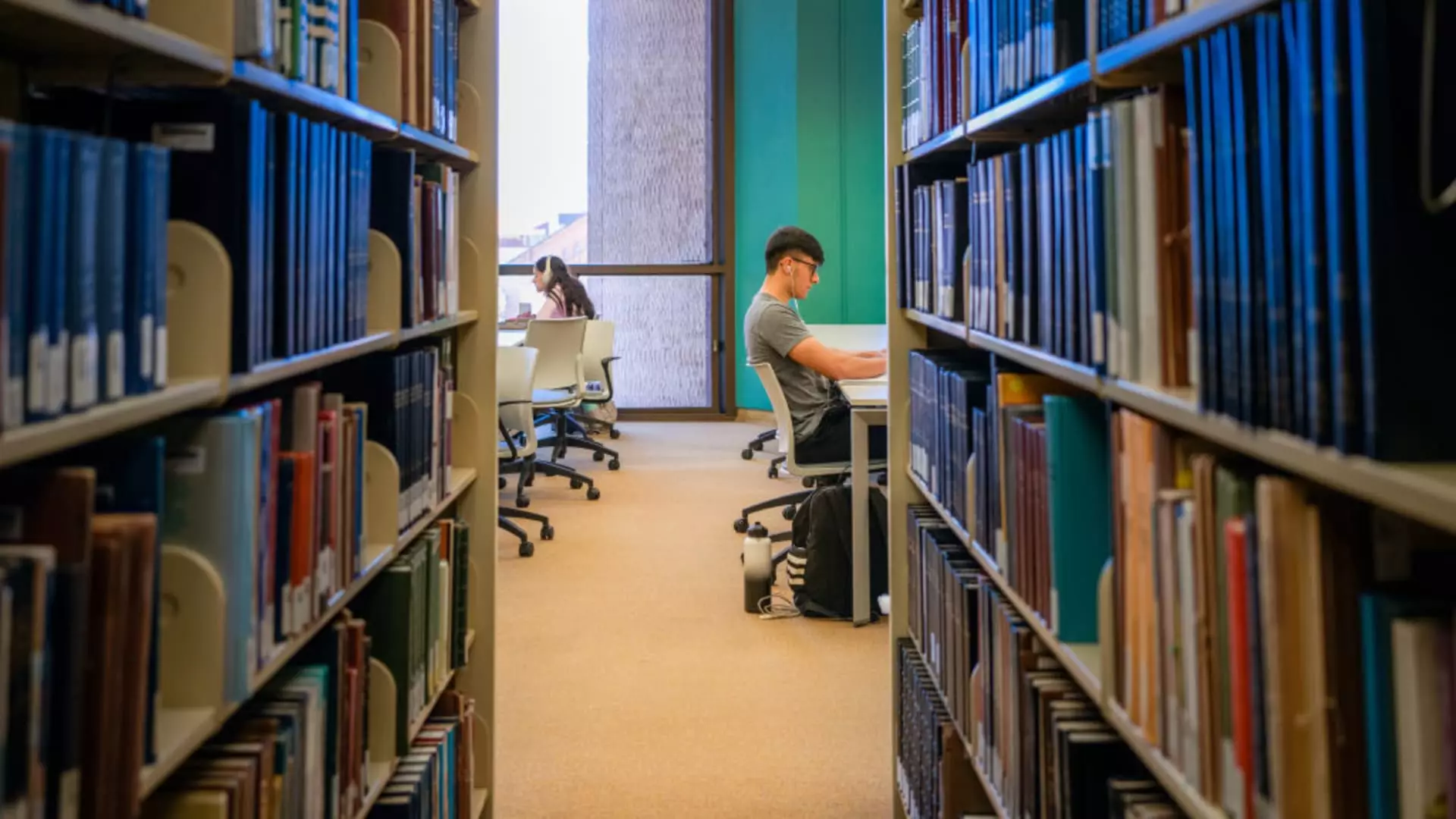The recent halt in student loan forgiveness, instigated by the Trump administration, exposes a grave flaw in America’s commitment to its citizens’ financial well-being. For years, millions of borrowers have relied on the promise of relief through income-driven repayment plans, particularly the Income Based Repayment (IBR) program. These plans were designed as a lifeline, offering hope for those burdened by insurmountable student debt. Yet, instead of being a safeguard, the government’s delay now functions as a cruel betrayal, stripping borrowers of the very aid they are legally entitled to.
The administration’s refusal to resume loan forgiveness is more than bureaucratic foot-dragging; it’s a fundamental breach of trust. Borrowers, many of whom are navigating precarious financial situations, face a growing sense of abandonment. They were promised a clear pathway to debt relief, but now face the chilling reality that their future remains uncertain, their efforts wasted, and their faith in government’s promises shattered. This delay underscores a troubling tendency: prioritizing political optics or short-term interests over the stability and rights of ordinary Americans.
A Sinister Silence: The Impact of Political Inaction
While the government obfuscates with vaguely worded statements, the real human toll is stark. Nearly two million borrowers, many of whom have been meticulously counting on debt forgiveness, now find themselves in limbo. This silence and inaction reveal an unsettling indifference from policymakers who should be championing the needs of their constituents. The withholding of relief during a high-stakes economic climate—marked by soaring healthcare, housing, and living costs—is not just negligent; it’s morally questionable.
Political leaders like Senator Bernie Sanders have voiced their outrage, emphasizing that delaying or denying mandated debt relief is unacceptable amid a pandemic-stricken economy. Their words, however, seem to fall on deaf ears, drowned by bureaucratic delays and legal hurdles. This discrepancy between promises made and actions taken underscores a leadership crisis: one where the most vulnerable are left to fend off the relentless tide of debt and despair.
The Impact of Court Decisions and Policy Instability
The recent court rulings, particularly the blocking of the Biden-era SAVE plan, serve as a stark reminder of how political and judicial machinations complicate efforts to provide meaningful relief. The Court’s decision to halt the SAVE plan, which was built to ease the repayment burden, directly impacts borrowers’ ability to get credit for periods of postponement and forbearance. This legal chaos has effectively frozen progress, leaving borrowers stranded in a limbo that undermines the very purpose of income-driven plans.
Moreover, the delay in resuming forgiveness reveals the government’s disorganization and lack of urgency. While the Department of Education hints at plans to restart discharges “as soon as possible,” no concrete timeline or action plan has been communicated. This bureaucratic inertia is unacceptable when millions are waiting on relief that should have been routine. If public trust in government is to be restored, decisive and transparent action must replace endless delays and vague promises.
The Broader Implication: A Reflection of Systemic Neglect
This pause in student debt relief offers a window into the systemic neglect that pervades American social policy. The original intent of income-driven plans was to make student loan repayment manageable and to prevent debt from ruining lives. Instead, the erosion of those safeguards reveals how political priorities often favor corporate interests, debt collectors, or ideological battles over the well-being of everyday Americans.
The delayed relief also exposes the fragile safety net that the government claims to uphold. In reality, it’s patchy at best, vulnerable to legal Hobson’s choices and partisan tides. Every borrower caught in this limbo is a victim of a broader failure—of leadership that should be safeguarding citizens’ economic futures but instead leaves them exposed to a looming storm of debt and uncertainty.
A Call for Accountability and Genuine Reform
It is high time for policymakers to recognize that student loan forgiveness is not merely a financial mechanism—it is a moral imperative. The government’s failure to act swiftly and decisively undermines the core principle of social justice. It perpetuates inequality and disenfranchisement among those who already face enough obstacles.
The promise of debt relief should be safeguarded with the same zeal as other fundamental rights. Instead of further delays, we need transparent, effective policies that prioritize borrower protections and restore trust. The current approach resembles a broken system that values bureaucratic inertia over human lives—a disturbing reflection of how bureaucratic interests often overshadow the needs of ordinary citizens.
In a truly fair society, student debt would be addressed with urgency and compassion, recognizing that education is a right, not a privilege. The ongoing inaction reminds us that the journey toward economic fairness remains incomplete, and that without firm political will, promises made cannot be trusted. The time has come for meaningful reform rooted in justice, accountability, and a genuine commitment to the prosperity of all Americans.

